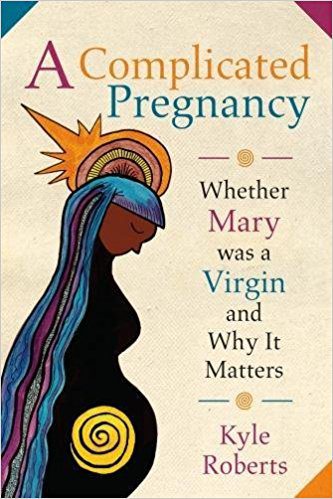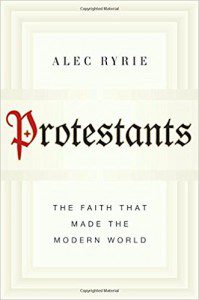It’s no secret that Protestants gives much less attention to Mary, the mother of Jesus, than do Catholic and Orthodox Christians.

Sure, she shows up at Christmas–but we’re not quite sure what to do with her theologically.
The introduction to a book called Blessed Mary: Protestant Perspectives on Mary, describes the lack of attention to Mary in Protestant theology, but then suggests that Mary will be garnering more attention by Protestants in coming years. In that intro, Beverly Roberts Gaventa and Cynthia Rigby write,
The time has come for Protestants to join in the blessing of Mary. The Lukan story in which Mary visits Elizabeth draws attention repeatedly to the blessedness of Mary. Filled with the Holy Spirit, Elizabeth twice proclaims that Mary is blessed (1:42, 45). In the soaring opening of the Magnificat, Mary herself declares that “From now on all generations will call me blessed” (1:48). This rich blessing of Mary has scarcely extended to Protestant faith and life, however. Although we Protestants identify Scripture as authoritative, the Lukan blessing of Mary has rarely inspired Protestants to act accordingly.
Perhaps that is too harsh an indictment. Perhaps we have blessed Mary, at least during the weeks of December. But then we have sent her on her way, not expecting her to stay and occupy a place among us. This is true theologically, as evidenced in our nearly complete silence about Mary in both biblical studies and systematic theology. It is true liturgically, where Mary is confined to Advent hymns and texts and to our profession of the Apostle’s Creed. And it is certainly true devotionally, since Protestant resistance to seeking intercession from the saints seems to render any reflection on Mary suspect. So fearful have we been of what seems to us excessive attention to Mary in Roman Catholic and Orthodox traditions that Mary is virtually absent among us.
Developments in recent decades have prompted a number of Protestants to think again about Mary. It is as if her very absence has itself become a presence. As questions of feminism and theology come together, it seems imperative to ask about Mary’s place in Christian thought. Renewed interest in spiritual life among Protestants finds us listening to the music of earlier Christian generations, where much attention is lavished on Mary. Theological reflection on childbirth and parenting require a coming to terms with the mother of Jesus. The absence of Mary not only cuts Protestants off from Catholic and Orthodox traditions, it cuts us off from the fullness of our own tradition. We have neither blessed Mary nor allowed her to bless us.
This lack of attention is one reason I’ve decided to write a popular-level book on Mary and the birth narrative–and its theological implications. So, you can expect more posts on this topic in coming days.











